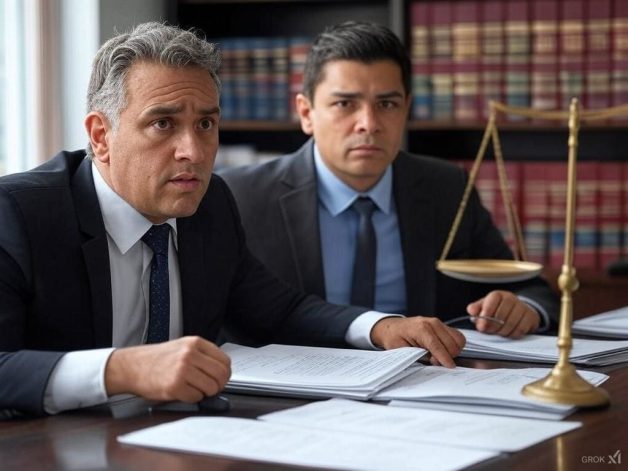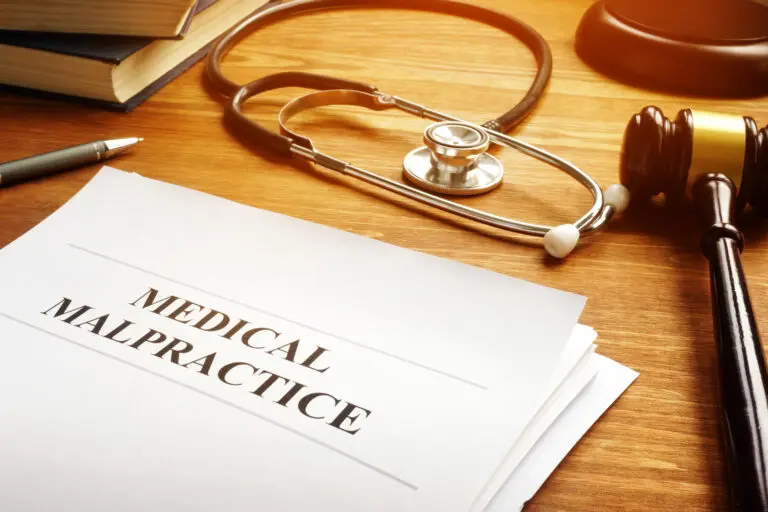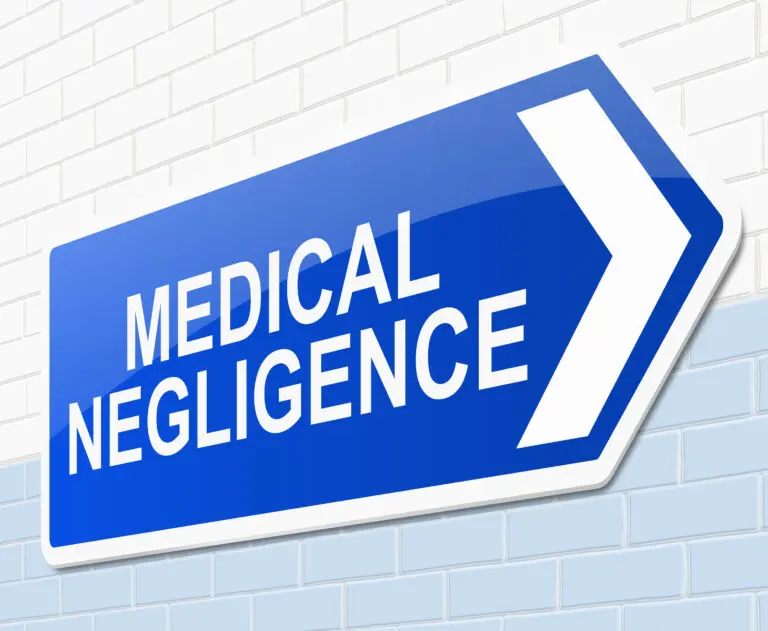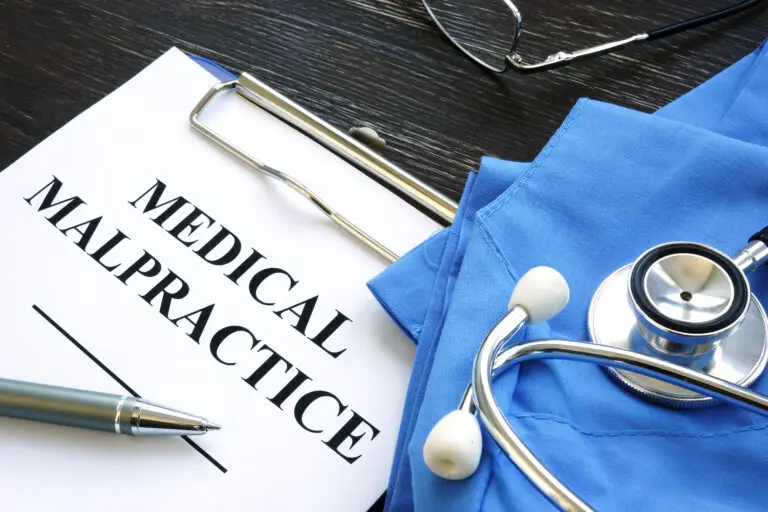Frente a cargos por posesión de drogas can be a daunting experience, with potentially severe consequences that may impact one’s personal and professional life. However, being charged does not equate to an automatic conviction. Understanding the legal landscape and available defense strategies is crucial for anyone confronting such allegations. This article delves into the intricacies of leyes sobre posesión de drogas, explores effective defense tactics, and examines recent trends in drug policy that may influence case outcomes.
The foundation of any drug possession case lies in the prosecution’s ability to prove beyond a reasonable doubt that the defendant knowingly possessed a controlled substance. This seemingly straightforward concept encompasses a range of legal nuances that skilled defense attorneys can leverage to challenge the charges. One of the most potent weapons in a defense lawyer’s arsenal is the Fourth Amendment protection against unreasonable searches and seizures. Law enforcement must adhere to strict protocols when conducting searches, and any deviation from these procedures can render evidence inadmissible in court.
Consider a scenario where police officers conduct a warrantless search of a vehicle during a routine traffic stop. If the search was performed without probable cause or consent, a motion to suppress the evidence could be filed. This legal maneuver, if successful, can significantly weaken the prosecution’s case, often leading to dismissal of charges. The importance of scrutinizing the circumstances surrounding the discovery of alleged illegal substances cannot be overstated, as it forms the bedrock of many successful defense strategies.
Another critical aspect of building an effective defense against drug possession charges is challenging the element of possession itself. Constructive possession, a legal concept where an individual is deemed to have control over a substance even if not physically holding it, is often a point of contention in these cases. For instance, if drugs are found in a shared living space or vehicle, the prosecution must prove that the defendant had knowledge of and control over the substances. Skilled attorneys can create reasonable doubt by highlighting alternative explanations or demonstrating lack of exclusive access to the area where drugs were discovered.
El concepto de unwitting possession presents another avenue for defense. This strategy argues that the defendant was unaware of the presence of illegal substances, perhaps due to someone else placing them in their belongings without their knowledge. While challenging to prove, this defense can be particularly effective in cases involving borrowed items or shared spaces. It underscores the importance of intent in posesión de drogas cases and can resonate with juries who understand the plausibility of such scenarios in everyday life.
In recent years, the legal landscape surrounding posesión de drogas has undergone significant changes in many jurisdictions. The trend towards despenalización of certain substances, particularly marijuana, has introduced new complexities into drug possession cases. Defense attorneys must stay abreast of these evolving laws, as they can directly impact the validity of charges and potential penalties. For example, in states where medical marijuana is legal, possession of cannabis with a valid prescription may serve as a complete defense against criminal charges.
En cadena de custodia for drug evidence is another critical area that defense lawyers scrutinize. From the moment of seizure to presentation in court, every transfer and storage of evidence must be meticulously documented. Any gaps or irregularities in this chain can cast doubt on the integrity of the evidence. Defense attorneys may challenge the handling procedures, question the qualifications of lab technicians, or dispute the accuracy of drug testing methods. These technical challenges can be highly effective, especially in cases where the quantity or nature of the substance is a determining factor in the severity of charges.
The rise of synthetic drugs y designer substances has further complicated the landscape of casos de posesión de drogas. These compounds, often created to mimic the effects of illegal drugs while attempting to circumvent existing laws, present unique challenges for both prosecution and defense. The rapidly evolving nature of these substances can lead to situations where possession of a particular compound may not be explicitly illegal at the time of arrest. Defense strategies in such cases often involve challenging the classification of the substance or arguing that the defendant was unaware of its illegal status.
Entrapment remains a potent, albeit challenging, defense in certain drug possession cases. This strategy argues that law enforcement induced the defendant to commit a crime they would not have otherwise committed. While the burden of proof for entrapment is high, cases involving undercover operations or confidential informants may provide grounds for this defense. Successfully arguing entrapment requires demonstrating that the idea to possess drugs originated with law enforcement and that the defendant lacked predisposition to commit the offense.
El concepto de drug diversion programs has gained traction in many jurisdictions as an alternative to traditional prosecution. These programs, often available to first-time offenders or those charged with possession of small quantities, offer an opportunity for rehabilitation rather than punishment. Defense attorneys may negotiate for their clients’ participation in such programs, potentially leading to dismissed charges upon successful completion. This approach aligns with a growing recognition of addiction as a public health issue rather than solely a criminal matter.
Recent legal developments have also highlighted the importance of field test reliability in drug possession cases. Many jurisdictions rely on presumptive field tests to identify suspected illegal substances at the time of arrest. However, these tests have been shown to produce false positives in numerous instances, mistaking legal substances for illicit drugs. Defense attorneys increasingly challenge the accuracy of these tests, arguing for more rigorous laboratory analysis before proceeding with charges. This scrutiny of evidence collection and testing procedures underscores the complex interplay between science and law in casos de posesión de drogas.
El papel de body-worn cameras and other surveillance technologies has introduced new dimensions to drug possession defenses. While often touted as tools for accountability, these technologies can also provide crucial evidence for the defense. Footage from body cameras or dashboard cameras may contradict officer testimony or reveal procedural violations during searches and arrests. Defense attorneys now routinely request and analyze such footage as part of their case preparation, potentially uncovering exculpatory evidence or grounds for challenging the legality of police actions.
Racial disparities in drug enforcement and prosecution have become a significant point of contention in the legal system. Defense strategies increasingly incorporate challenges based on selective enforcement or racial profiling, arguing that such practices violate constitutional protections. While difficult to prove in individual cases, these arguments contribute to a broader dialogue on systemic biases in drug law enforcement and may influence jury perceptions or prosecutorial discretion.
La intersección de cargos por posesión de drogas y ley de inmigración presents unique challenges for non-citizen defendants. Even minor drug convictions can have severe immigration consequences, including deportation. Defense attorneys representing non-citizens must navigate both criminal and immigration law, often prioritizing strategies that minimize immigration impacts. This may involve negotiating pleas to non-drug offenses or seeking dispositions that do not trigger automatic immigration consequences.
El concepto de drug-induced homicide laws has emerged as a controversial trend in some jurisdictions. These laws allow prosecutors to charge individuals who provide drugs that result in fatal overdoses with homicide or manslaughter. While intended to target drug dealers, these laws have sometimes been applied to friends or family members who shared drugs with the deceased. Defense strategies in such cases often focus on challenging causation or intent, arguing that the defendant did not foresee or intend the fatal outcome.
Prescription drug abuse has blurred the lines between legal and illegal possession in many cases. Defendants charged with possessing prescription medications without a valid prescription face unique challenges. Defense strategies may involve demonstrating a legitimate medical need, challenging the classification of the substance, or arguing that possession was temporary and intended for proper medical use. The complexity of pharmaceutical regulations and the widespread availability of prescription drugs add layers of nuance to these cases.
The emergence of tribunales de drogas in many jurisdictions offers an alternative approach to handling drug possession cases. These specialized courts focus on rehabilitation and treatment rather than punishment, often providing intensive supervision and support services. Defense attorneys may advocate for their clients’ participation in drug court programs as an alternative to traditional prosecution, particularly for defendants struggling with addiction. Success in these programs can lead to reduced charges or case dismissal, offering a path to recovery and avoiding the long-term consequences of a drug conviction.
Asset forfeiture laws present another dimension of drug possession cases that defense attorneys must navigate. In many jurisdictions, law enforcement can seize property suspected of being connected to drug offenses, even without a conviction. Challenging these seizures often becomes part of the overall defense strategy, requiring attorneys to contest the connection between the property and alleged drug activity. Recent reforms in some areas have raised the burden of proof for forfeitures, providing new avenues for defense arguments.
El uso de confidential informants in drug investigations has come under increased scrutiny, offering potential defense strategies. Informants, often facing their own legal troubles, may have incentives to provide false or exaggerated information. Defense attorneys can challenge the credibility of informants, seek disclosure of their identities and backgrounds, and question the reliability of information obtained through such sources. This scrutiny can undermine the foundation of cases built primarily on informant testimony.
Mandatory minimum sentences for drug offenses have been a contentious issue in criminal justice reform debates. While many jurisdictions have moved away from strict mandatory minimums, they remain a factor in federal cases and some state prosecutions. Defense strategies often involve negotiating pleas to charges that avoid triggering these mandatory sentences or challenging the constitutionality of such provisions in specific cases. The trend towards more flexible sentencing options provides new opportunities for defense arguments focused on individualized justice.
La intersección de posesión de drogas y problemas de salud mental presents complex challenges and opportunities for defense strategies. Many jurisdictions now recognize the prevalence of co-occurring mental health disorders among individuals charged with drug offenses. Defense attorneys may argue for diversion to mental health treatment programs or present evidence of underlying mental health conditions as mitigating factors. This approach aligns with a growing recognition of the need for a more holistic, health-oriented approach to addressing substance use issues.
Avances tecnológicos in drug detection and analysis continue to shape the landscape of drug possession cases. From advanced roadside testing devices to more sophisticated laboratory techniques, these technologies present both challenges and opportunities for defense strategies. While potentially offering more accurate results, these methods also introduce new areas for scrutiny regarding reliability, proper use, and chain of custody. Defense attorneys must stay informed about these technological developments to effectively challenge their application in court.
El concepto de harm reduction has gained traction in public policy discussions surrounding drug use and possession. Some jurisdictions have implemented or considered policies such as safe injection sites or expanded access to naloxone. While not directly a legal defense, the broader shift towards harm reduction approaches can influence prosecutorial discretion and judicial attitudes in drug possession cases. Defense arguments that align with these public health-oriented strategies may find more receptive audiences in some courts.
International travel adds another layer of complexity to drug possession cases, particularly when substances legal in one jurisdiction are illegal in another. Defendants may face charges for possessing medications or substances that were legally obtained elsewhere. Defense strategies in these cases often involve demonstrating lack of intent to violate local laws and arguing for prosecutorial discretion based on the unique circumstances of international travel.
El papel de expert witnesses in drug possession cases has evolved, particularly in cases involving complex scientific evidence or emerging drugs. Defense attorneys may call upon forensic experts to challenge testing procedures, pharmacologists to testify about the effects and classification of substances, or addiction specialists to provide context for a defendant’s actions. Effectively utilizing expert testimony can be crucial in creating reasonable doubt or supporting alternative explanations for possession.
Jury nullification, while not officially recognized in most jurisdictions, remains a potential factor in drug possession trials. This occurs when jurors choose to acquit a defendant despite evidence of guilt, often based on personal beliefs about the fairness of drug laws. While attorneys are generally prohibited from explicitly arguing for nullification, defense strategies may subtly appeal to jurors’ sense of justice and proportionality, particularly in cases involving minor possession charges or medical use.
The ongoing debate over drug policy reform continues to influence the legal landscape surrounding possession charges. As public attitudes shift and more jurisdictions consider alternatives to criminalization, defense attorneys may find new arguments resonating with judges and juries. Highlighting the changing social and legal context of drug use can be part of a broader strategy to challenge the appropriateness of criminal sanctions in certain cases.
In conclusion, building an effective defense against drug possession charges requires a multifaceted approach that combines thorough investigation, legal expertise, and strategic thinking. From challenging the legality of searches to leveraging scientific evidence and navigating complex policy landscapes, defense attorneys must be prepared to adapt their strategies to the unique circumstances of each case. As drug laws and enforcement practices continue to evolve, staying informed about legal trends and emerging defense tactics remains crucial for anyone facing drug possession charges. While the challenges are significant, skilled legal representation can make a substantial difference in the outcome of these cases, potentially preserving a defendant’s freedom and future prospects.
Website citations used for this article:
- https://www.wolffsonderhouse.com/waukesha-county-lawyers/how-to-defend-against-a-drug-possession-charge
- https://www.kenstoverlaw.com/blog/2022/june/4-defenses-you-can-use-against-a-drug-possession/
- https://www.criminallawfirmtexas.com/atascosa-frio-wilson-county-defense/common-defenses-for-drug-possession-charges-in-texas
- https://www.enkanter.com/article/what-are-common-defenses-against-a-drug-possession-charge
- https://futurefirst.law/drug-possession-defense-strategies-az/
- https://galelawgroup.com/7-criminal-defense-strategies-for-drug-possession-charges/
- https://www.ericgjohnsonlaw.com/6-defenses-you-can-use-after-being-charged-with-drug-possession/
- https://www.findlaw.com/criminal/criminal-charges/drug-possession-defenses.html
- https://www.muscalaw.com/blog/how-beat-drug-possession-charge
- https://www.frlawgreenville.com/how-to-fight-drug-charges-effective-defense-strategies/
- https://wesruckerlaw.com/possible-drug-possession-charge-defenses-houston/
- https://www.ecattorneys.law/blog/2024/may/drug-possession-defense-strategies/
- https://www.thehammerlawfirm.com/criminal-defense-blog/2024/january/common-legal-defenses-against-drug-trafficking-c/
- https://www.fryelawpsc.net/blog/2024/09/what-are-your-defense-options-against-drug-possession-charges/
- https://www.injury-lawyer-tn.com/blog/2024/july/navigating-drug-charges-legal-strategies-for-def/









